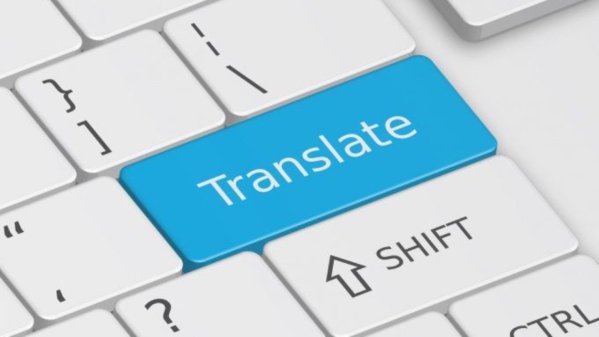Steps to Notarize a Document or Text Translated from a Foreign Language
Currently, there are numerous types of documents, texts, and contracts in foreign languages translated into Vietnamese or from Vietnamese into foreign languages to fit the context and purpose of the work. So, what conditions are required for these translated documents and texts to be notarized, and what are the steps to perform notarization?
According to the provisions in Clause 1, Article 61 of the Notarization Law 2014, the translation of documents from Vietnamese to a foreign language or from a foreign language to Vietnamese for notarization must be performed by a translator who is a collaborator of the notarization practicing organization. The collaborator must have graduated from a foreign language university or another university with proficiency in that foreign language. Collaborators are responsible to the notarization practicing organization for the accuracy and appropriateness of the content of the translations they perform.

Illustrative image (Source: internet)
Also according to the provisions in Article 61, the procedure to notarize a translation is as follows:
- The notary receives the original document that needs translation, checks it, and assigns it to a translator who is a collaborator of their organization to perform the translation.
- The translator must sign each page of the translation before the notary adds a certification clause and signs each page of the translation.
- Each page of the translation must bear the stamp “Translation” in the blank space at the upper right; the translation must be attached to a copy of the original and affixed with an overlapping seal.
- The notary's certification clause for the translation must clearly state the time and place of notarization, the name of the notary, the name of the notarization practicing organization; the name of the translator; certification that the signatures in the translation are those of the translator; certification that the translation’s content is accurate, does not violate the law, and is not contrary to social ethics; with the signature of the notary and the seal of the notarization practicing organization.
However, in the following cases, the notary is not allowed to accept and notarize the translation:
- The notary knows or must know that the original document was issued unauthorizedly or is invalid; the original is forged.
- The document to be translated has been erased, corrected, added, or deleted, or is so damaged and worn out that its content cannot be clearly determined.
- The document requested to be translated is a state secret; a document prohibited from dissemination by law.
Thus, based on the above provisions, a translation from a foreign language can be notarized at a notarization practicing organization only by a translator who is a collaborator of the notarization practicing organization.
Thu Ba
- Number of deputy directors of departments in Vietnam in accordance with Decree 45/2025/ND-CP
- Cases ineligible for pardon in Vietnam in 2025
- Decree 50/2025 amending Decree 151/2017 on the management of public assets in Vietnam
- Circular 07/2025 amending Circular 02/2022 on the Law on Environmental Protection in Vietnam
- Adjustment to the organizational structure of the Ministry of Health of Vietnam: Certain agencies are no longer listed in the organizational structure
- Vietnam aims to welcome 22-23 million international tourists in Vietnam in 2025
-

- Notable new policies of Vietnam effective as of ...
- 16:26, 11/04/2025
-
.Medium.png)
- Notable documents of Vietnam in the previous week ...
- 16:21, 11/04/2025
-
.Medium.png)
- Notable documents of Vietnam in the previous week ...
- 16:11, 02/04/2025
-
.Medium.png)
- Notable new policies of Vietnam to be effective ...
- 16:04, 02/04/2025
-
.Medium.png)
- Notable new policies of Vietnam effective from ...
- 14:51, 21/03/2025
 Article table of contents
Article table of contents
